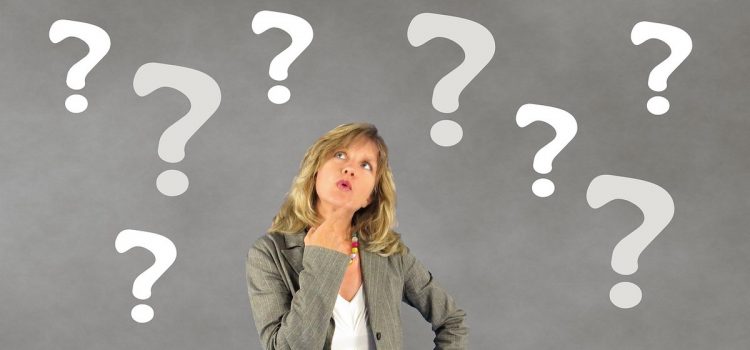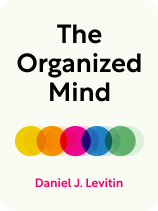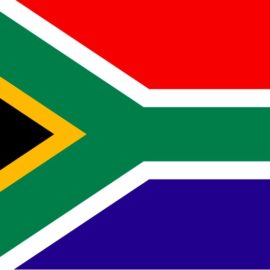

This article is an excerpt from the Shortform book guide to "The Organized Mind" by Daniel J. Levitin. Shortform has the world's best summaries and analyses of books you should be reading.
Like this article? Sign up for a free trial here.
Why is it hard to make decisions? Why is it harder now than it’s ever been?
The modern world overwhelms us, and this hampers our ability to make decisions. Our brains expend a lot of energy on decisions that must be made—even ones that aren’t important. That energy drain makes decision-making difficult.
Read more to understand why it’s hard to make decisions, especially these days.
Decision-Making & Information Overload
Why is it hard to make decisions? Daniel Levitin explains that our brains can process only a limited amount of information at once. However, the modern world constantly exposes us to more information than our brains are capable of processing. There are three reasons for this. First, due to globalization, we’re exposed to more news than ever before. Second, technology grows so quickly that we’re forced to regularly learn new information to keep up. Third, technology has allowed companies to offload tasks to their customers. For example, many restaurants ask that customers—not waiters—tap in their orders on their phones.
(Shortform note: Many people are exposed to massive amounts of information due to social media. Younger generations get most of their news from social media, which allows them access to information that mainstream news may not cover—even in a globalized world. Additionally, people learn how to use new social media platforms constantly; for example, TikTok became the world’s most popular social media platform in just two years. And although most people use social media for recreational purposes, companies profit from their activities by selling their data (and sometimes the posts they create), allowing social media companies to offload the task of content creation onto consumers.)
This increase in stimuli hampers our ability to make decisions. Levitin explains that, when we’re bombarded by information, we must make decisions all the time, which is tiring. At a minimum, we must decide whether we’ll engage with this information. Most of these decisions are unimportant—like whether to check a phone alert or ignore it and keep working. However, your brain can decide on only a limited number of things per day, and it doesn’t distinguish between important and unimportant ones. Moreover, it spends the same amount of energy on every decision, no matter how big or small. So, if you’ve already reached your limit, you can’t make any more decisions—even if that next decision is the most important one that day.
(Shortform note: How can you tell if you’ve made too many decisions? Contrary to Levitin’s argument that you’ll lose the ability to make any decisions when you’re exhausted, some experts suggest that you may simply try to save your energy by putting off the decision, waffling, or acting on impulse. So if you have an important decision, consider making it early in the day. The fewer decisions you’ve made, the more cognitive energy you have available to make a difficult decision—such as choosing which house to buy.)

———End of Preview———
Like what you just read? Read the rest of the world's best book summary and analysis of Daniel J. Levitin's "The Organized Mind" at Shortform.
Here's what you'll find in our full The Organized Mind summary:
- The key to living less stressfully in the modern world
- Why our current approach to dealing with stress doesn’t work
- Strategies for sorting and externalizing your thoughts, things, and relationships






